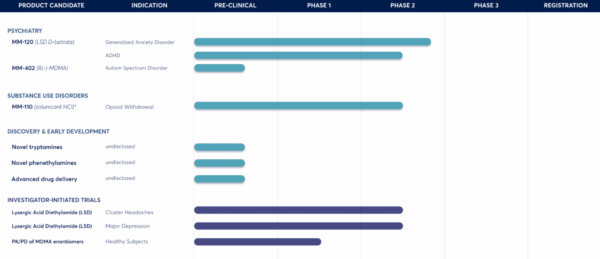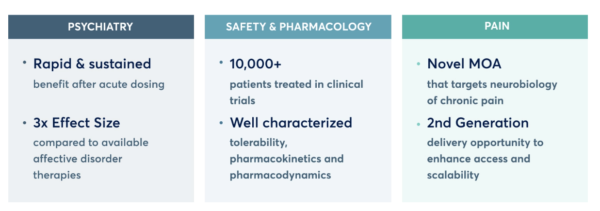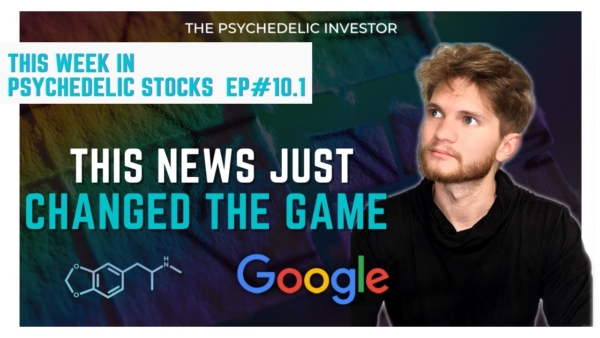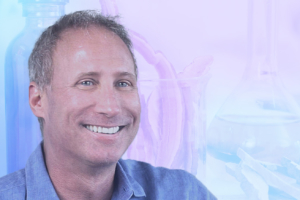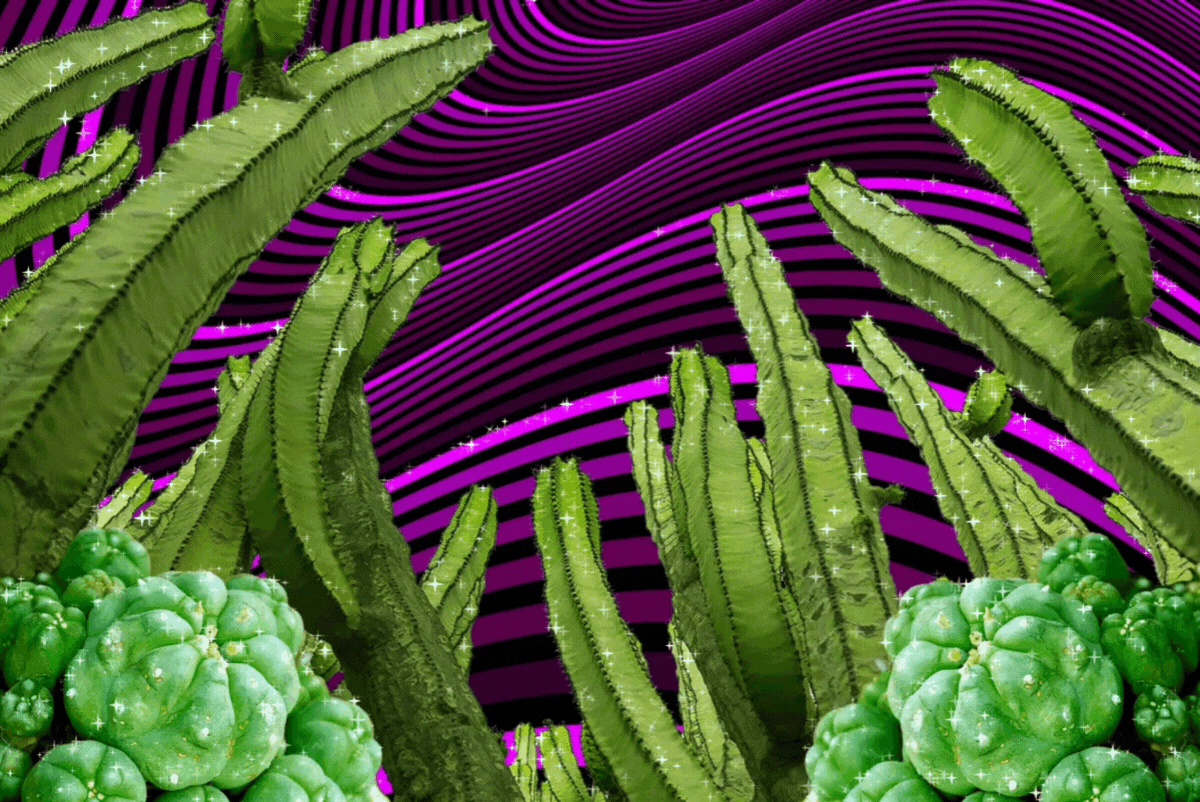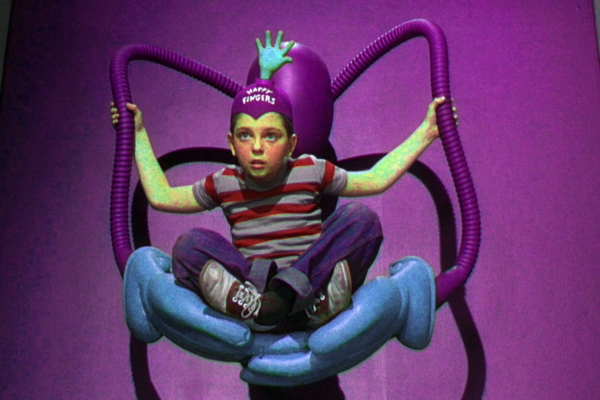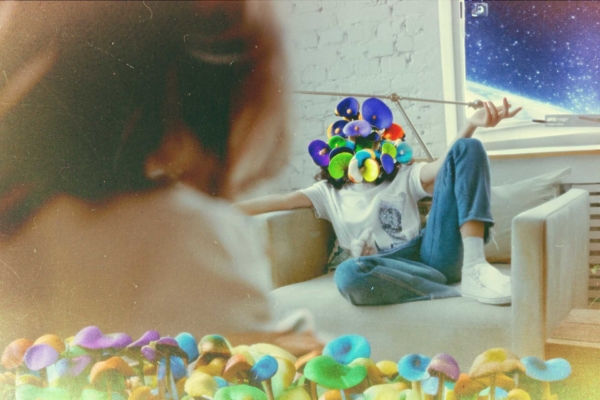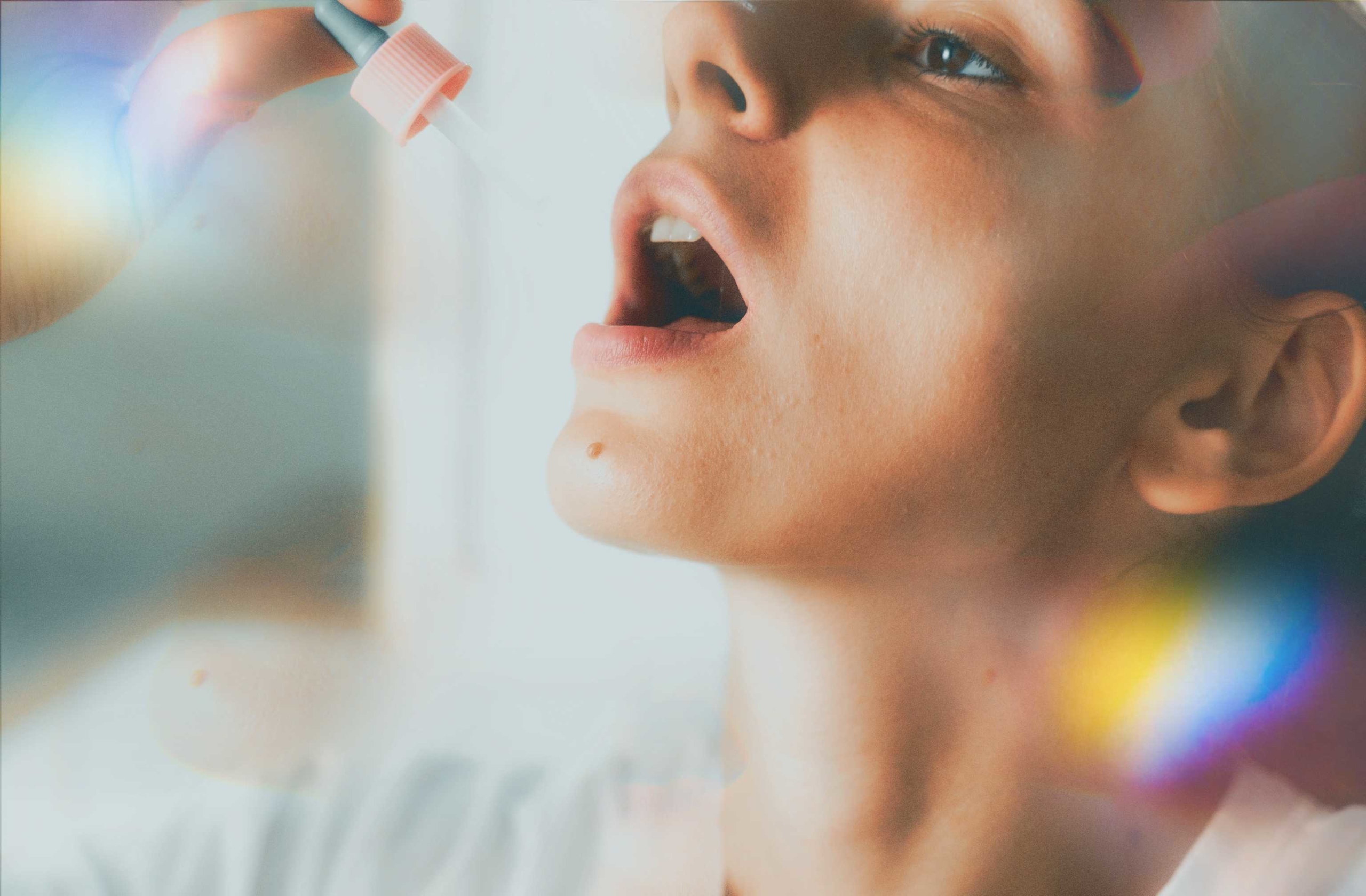
Exciting breakthroughs are happening in the mental health industry as MindMed, a biopharmaceutical startup, has released initial results from a Phase II trial that evaluated the effectiveness of LSD in treating major depressive disorder (MDD), in collaboration with Switzerland’s University Hospital Basel and the University Hospital of Psychiatry. The results are encouraging.
According to the study findings, LSD has the potential to alleviate depression symptoms in individuals with major depressive disorder (MDD) with “significant, rapid, durable, and beneficial” effects surpassing those observed in the control group. The reduction in depression symptoms was roughly four times greater in the LSD group compared to the placebo group.
“The statistically and clinically significant improvements observed in this study reinforce preliminary findings that have shown the clinical potential of lysergide in anxiety, depression, and other brain health disorders,” said Robert Barrow, CEO of MindMed.
Let’s take a look at the clinical trial in question.
The Phase II study led by Liechti and Felix Mueller, MD, involved 61 patients with MDD who were given two doses of LSD four weeks apart.
The high-dose group received 100 μg on day zero and 200 μg on day 28, while the low-dose group received 25 μg on both days which is roughly the minimum amount needed to detect lysergide.
Six weeks after the first administration, the clinician-rated Inventory of Depressive Symptomatology (IDS-C) scores were used to measure the primary outcome. Depressive symptoms were assessed through a scoring system where responses to the items were added up, resulting in a score between 0 and 84. A higher score indicates a greater presence and intensity of depressive symptoms.
“In depression, we think of six weeks as one of the most important time intervals because that is where most of the antidepressants have been assessed for primary outcome measures and is the regulatory mark, which is where we want to focus,” said Robert Barrow, CEO of MindMed, told GEN.
Study Results
Based on over 20 studies with hundreds of patients, the findings show that lysergide consistently produces positive results and has the potential to alleviate symptoms of major depressive disorder (MDD).
According to Swiss collaborators, 16 weeks after the initial dosing date, a significant and rapid improvement was seen in the high-dose group, with a statistically significant reduction of 12.9 points compared to only a 3.6-point reduction in the low-dose group, marking a significant response to the primary endpoint.
In simpler terms, individuals who were administered LSD had an average symptom reduction that was almost four times greater than those who were given a placebo.
Prof. Matthias Liechti, co-primary investigator of the trial, stated, “Historical studies of lysergide in MDD demonstrated rapid, robust and sustained improvement in depressive symptoms. We also observed improvement in depressive symptoms in patients with anxiety disorders in another of our recently published trials. We believed it was necessary to confirm the historical studies with ones using modern methods. Hence, we designed this randomized-controlled trial to assess the benefits of lysergide treatment in MDD. Importantly, an active small dose of lysergide was used as the control. We are extremely encouraged by the results we presented today, which demonstrate the strong, rapid and enduring improvements of this compound in patients suffering from MDD. We look forward to publishing the completed results in a peer-reviewed journal along with additional analyses. Our lab will continue investigating the therapeutic potential of lysergide and other psychedelics.”
You may also like: MindMed’s Phase 2 LSD Trial Treating Anxiety Was a Success
Study Considerations: LSD vs Psilocybin
In the world of clinical trials, there are always caveats to consider. With the recent study on the effects of LSD, there are a few key considerations that need to be addressed in the context of psychedelic-assisted therapy.
According to Charles Nichols, a pharmacology professor at LSU Health New Orleans who specializes in psychedelics, LSD has certain disadvantages when compared to psilocybin.
“It takes significantly more time and effort for an LSD session, lasting 12 hours or more, compared to a psilocybin session that typically lasts half of that time,” Nichols told Freethink. The study’s duration is shorter, making it uncertain how long LSD’s effects will last in comparison to psilocybin.
LSD’s long and intense trip duration could be problematic for some patients, despite these concerns.
Although the full Phase II trial data has yet to be published, the research team intends to release their findings in a peer-reviewed journal, subjecting them to additional analysis.
LSD for ADHD and GAD
There are more MindMed LSD studies to be excited about. The company will announce more findings later this year from two clinical trials involving MM-120, which is MindMed’s LSD medication, used in treating attention-deficit/hyperactivity disorder (ADHD) and general anxiety disorder(GAD).
What do we know about MM120?
MM-120 and the lysergic acid diethylamide used in the Phase II MMD study have the same active pharmaceutical ingredient (API) and differ only in manufacturing.
According to Barrow, MM-120 is a pharmaceutical product that has been optimized for improved stability, characterization, dosage form, and potentially better pharmacokinetics. Although the dosage form used in investigator-initiated studies may differ slightly, the biological makeup of the molecule after being absorbed into the body remains identical.
MM-120 for Generalized Anxiety Disorder
MindMed is currently recruiting patients for a Phase IIb study of MM-120, which aims to evaluate its effectiveness for generalized anxiety symptoms in adults aged 18 to 74. The study involves 200 patients and is being conducted at 20 locations across the US. The first patient was treated in August 2022. MindMed plans to test four different doses of the drug and compare them with a placebo to determine the optimal dose for future pivotal studies.
